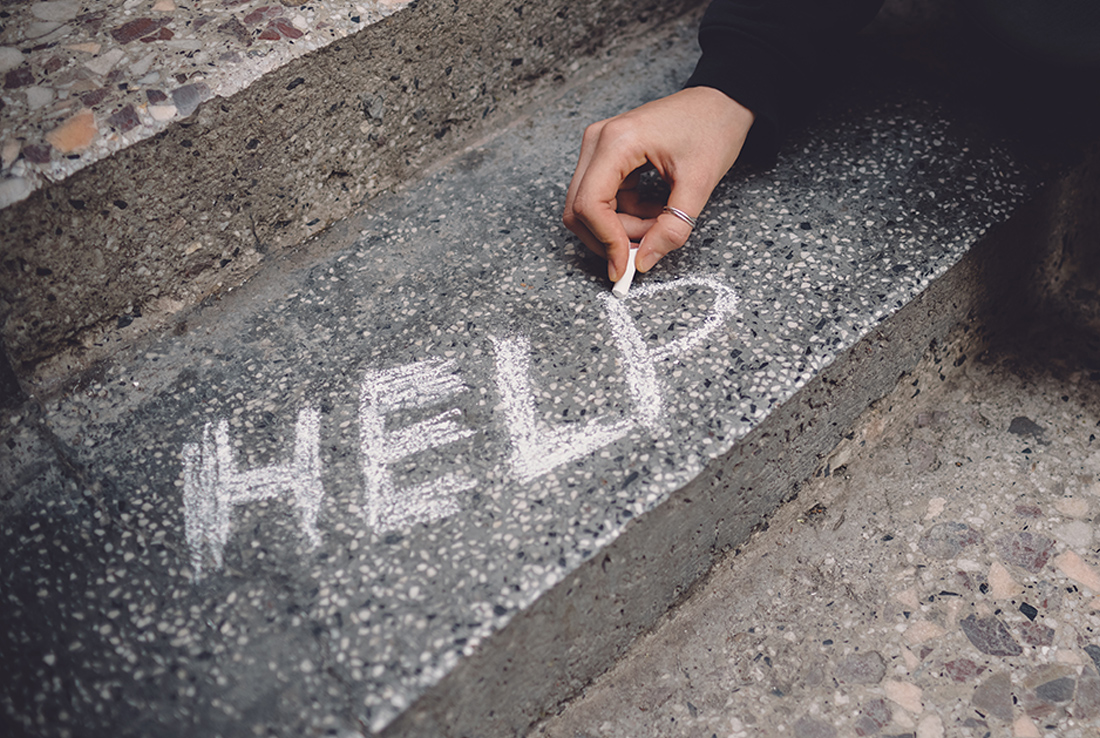Depression & Anxiety in Children and Teens: Understanding the Signs

While May leads us into springtime, it also leads us into Mental Health Awareness Month. Mental health is as important as physical health, and that applies to our children too. Depression and anxiety have increased in children and teens in the last decade, with more than 20% of teenagers experiencing depression before reaching adulthood. Read on to learn more about recognizing the signs of depression and anxiety in children and teens, and what steps you can take to help them if the time comes.
The Signs of Depression and Anxiety
Depression and anxiety are different but often go hand-in-hand. While depression is a prolonged feeling of unexplainable sadness and numbness, anxiety is an increased feeling of panic during everyday situations. The signs show themselves in similar ways for both children and teens.
Some of the signs include:
● Increased or decreased appetite
● Undersleeping or oversleeping
● Lack of self-care and hygiene
● Isolation from friends/family
● Disinterest in hobbies
● Struggling with homework/grades
● Skipping school/staying inside
● Refusal to participate
It’s normal for children and teens to go through mood swings and irritability, but it’s important to pay attention to abnormal behavioral patterns and note if they’ve lasted for two weeks or more. Listen to what your child says for signs of self-criticism or isolation, such as expressions of “wanting to disappear” or “not feeling good enough.” Knowing what to look for will help you know when to take immediate action.
What You Can Do to Help
It’s important not to ignore the signs. Offer emotional support to your child by listening to their thoughts and feelings, and do not respond with shame or punishment. Sometimes your child won’t want to talk, and that’s why indirect resources may help as well.
Other resources include:
● Private journals
● Stress balls/fidget toys
● Sketchbooks
While these are useful tools for emotional comfort and destressing, professional help is the only way to get a diagnosis. A counselor or therapist will listen to your child and respond with a necessary course of action.
Some professional treatments include:
● Behavioral plans
● Guided action plans
● Medications
These treatments will help your child navigate their thinking and behavioral patterns and help them learn self-control for agency over their thoughts and feelings.
You Are Not Alone
It’s a difficult thing to watch your child go through these waves. At the Center for Family Medicine, we understand your struggle. We offer the resources to bring you and your child support and comfort. Don’t hesitate to reach out, there’s always help around the corner. Contact us today.


